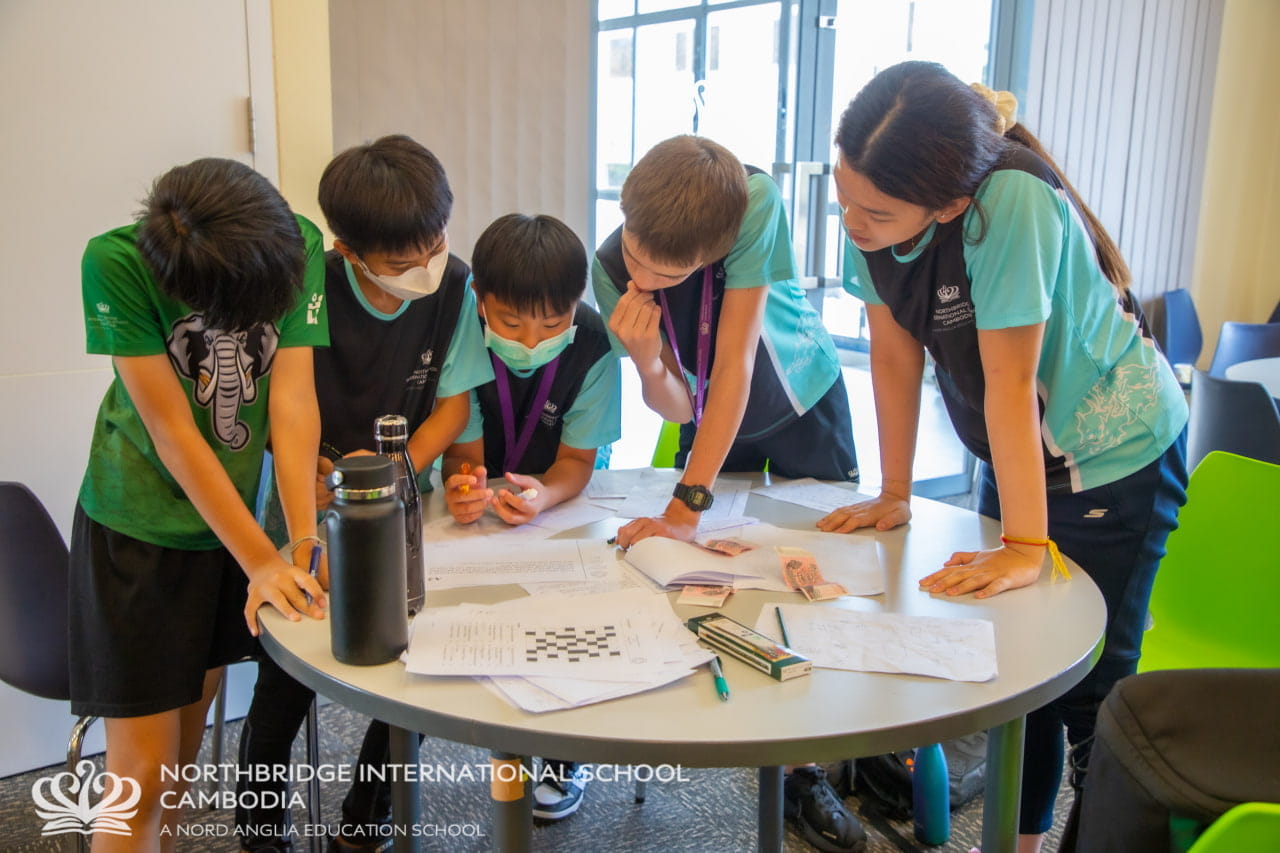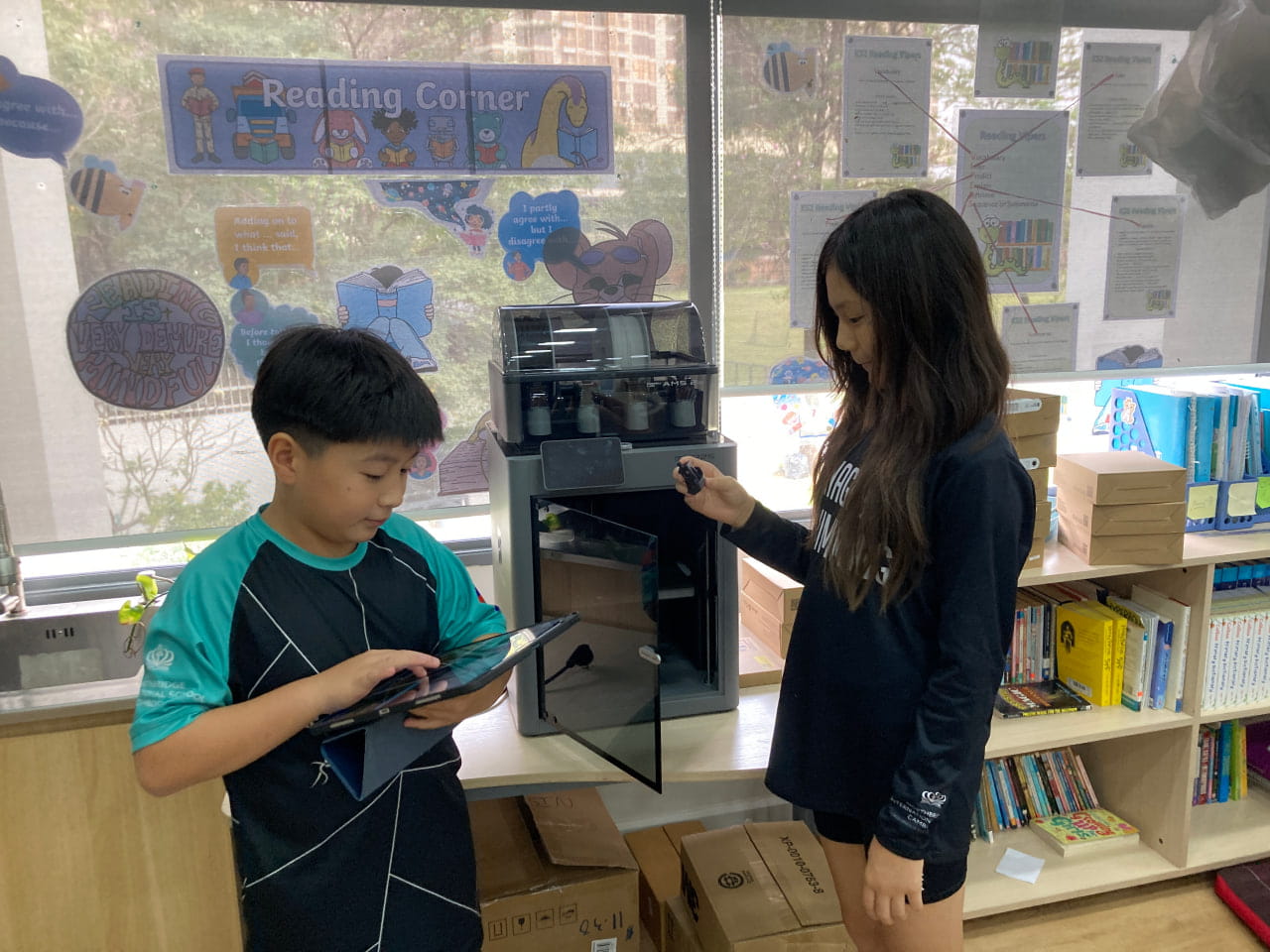So, how can you best support your child's mathematical journey? Let's explore some best practices for helping your young mathematicians thrive in primary school mathematics.
- Create a Mathematics-Friendly Environment: A positive attitude toward maths begins at home. Cultivate a supportive environment by showcasing enthusiasm for the subject. Encourage your child to view maths as a fun and accessible challenge rather than a source of stress.
- Everyday Mathematics Activities: Mathematics is not confined to textbooks and homework. Engage your child in real-life mathematics experiences by involving them in everyday activities. Cooking, shopping, and budgeting are fantastic opportunities to introduce mathematics concepts like measurement, addition, and subtraction.
- Mathematics Games and Puzzles: Board games, card games, and puzzles can be entertaining ways to reinforce mathematics skills. Games such as Monopoly, Sudoku, and even simple card games can help with numerical fluency and problem-solving.
- Mathematics Reading Material: Explore mathematics-themed books or stories with your child. Reading about mathematics in a playful and engaging way can spark their interest and foster a love for the subject.
- Ask Open-Ended Questions: When discussing mathematics, ask open-ended questions to encourage deeper thinking. Instead of asking, "What is 5 + 3?" try, "How can you show me different ways to make the number 8?"
- Encourage a Growth Mindset: Promote the idea that making mistakes is a natural part of learning. Reinforce the importance of perseverance and effort in overcoming mathematics challenges. A growth mindset can make a significant difference in your child's mathematics journey.
- Mathematics Apps and Websites: Explore educational mathematics apps and websites that align with your child's learning level. Many of these platforms offer engaging and interactive mathematics lessons and games. Ask your child’s homeroom teacher for suggestions.
- Support From School: Maintain open lines of communication with your child's teachers. Attend parent-teacher meetings and seek feedback on your child's mathematics progress. Collaborative efforts between home and school are key to your child's success.
- Be a Mathematics Role Model: Children often emulate their parents' attitudes and behaviours. Demonstrating your own interest in mathematics, tackling mathematics challenges together, and sharing your own mathematics-related experiences can be inspiring.
Incorporating these best practices into your child's mathematics education at home not only enhances their mathematics skills but also instills a lifelong love for learning. Remember, the journey to mathematical excellence is not solely about the destination; it's about the process and the joy of discovery.
By creating a supportive, nurturing environment, parents can be instrumental in their child's success. Together, we can empower our young mathematicians to reach their full potential and build a strong foundation for future academic achievements.






